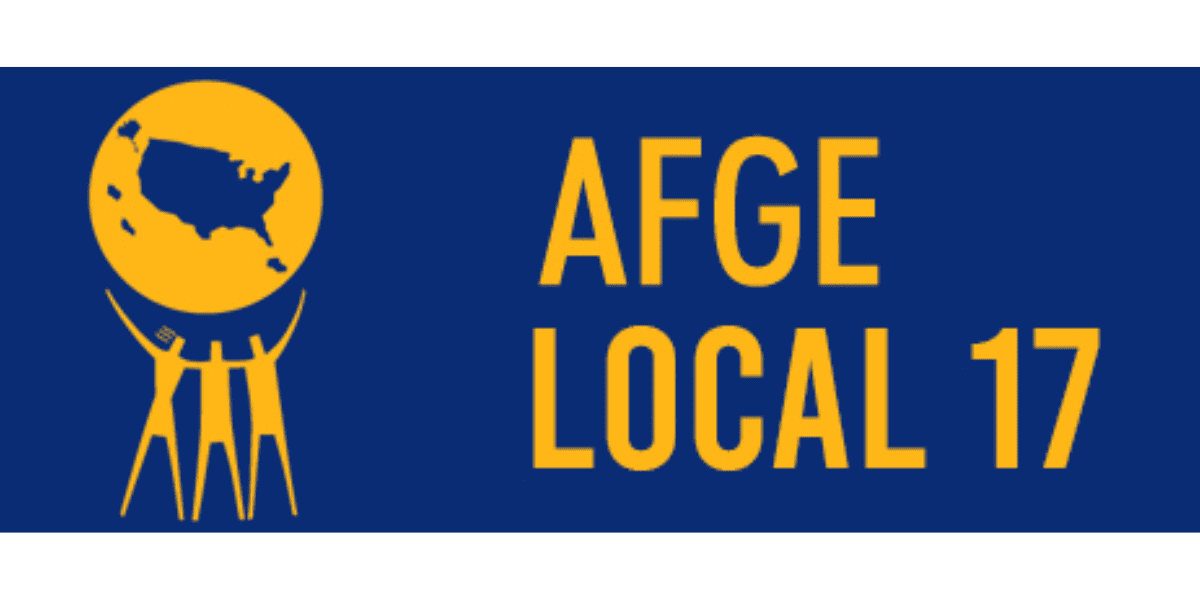Dispute Between Education Department and Union May Be Unique
By Louis C. LaBrecque
- `Ominous’ that federal agency is unilaterally implementing new labor contract, attorney says
- More common scenario is for agency to implement a few provisions during mid-term bargaining
- American Federation of Government Employees is awaiting response to unfair labor practice charge
The Department of Education’s recent action in unilaterally implementing a labor contract covering its employees may be
unique.
It’s definitely “ominous” for federal labor unions and employees, according to Nicholas Devyatkin, an attorney with Tully Rinckey PLLC in New York who handles federal sector labor and employment matters.
“I can’t find a single case where there is an instance of waiver of bargaining rights when the parties are negotiating the entire collective bargaining agreement,” he told Bloomberg Law March 30.
The argument that a union has waived its collective bargaining rights by not negotiating in good faith is more common during mid-term negotiations, where only a few provisions are being discussed and not an entire agreement, Devyatkin said.
Changes to Existing Contract
The American Federation of Government Employees represents about 3,900 employees at the department. The union led an unfair labor practice complaint March 12 with the Federal Labor Relations Authority. The complaint argues it was improper for the department to unilaterally impose the labor contract.
The contract imposed by the Education Department eliminated provisions in the parties’ former contract that dealt with telework and alternative work schedules, among other issues, the union said when it led the ULP charge.
The imposed contract also calls for union shop stewards and other local union ocers to use leave without pay to carry out their statutory representational duties, the AFGE said. These duties include meeting with employees and managers to resolve workplace disputes, addressing issues of discrimination and retaliation, and eecting improvements in work processes, the union said.
`At Least Threatened’ in Past
Federal agencies in the past have “at least threatened” to impose a unilateral labor contract after alleging that a union is dragging its feet in labor negotiations, Joseph Schimansky, the executive director of the Federal Service Impasses Panel from 1996 to 2016, told Bloomberg Law.
“This is what happens when a new administration comes in,” Schimansky said. Having a Republican president may make the situation more likely, Schimansky added. “With a Republican FLRA and FSIP, management feels emboldened,” he said. The FLRA is responsible for overseeing the federal government’s labor relations program for about 2.1 million civilian employees. The FSIP, a component within the FLRA, is tasked with resolving labor impasses involving federal agencies and the unions that represent their employees.
To contact the reporter on this story: Louis C. LaBrecque in Washington at llabrecque@bloomberglaw.com
To contact the editor responsible for this story: Peggy Aulino at maulino@bloomberglaw.com




